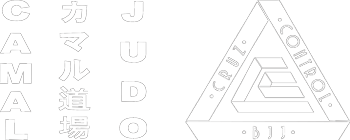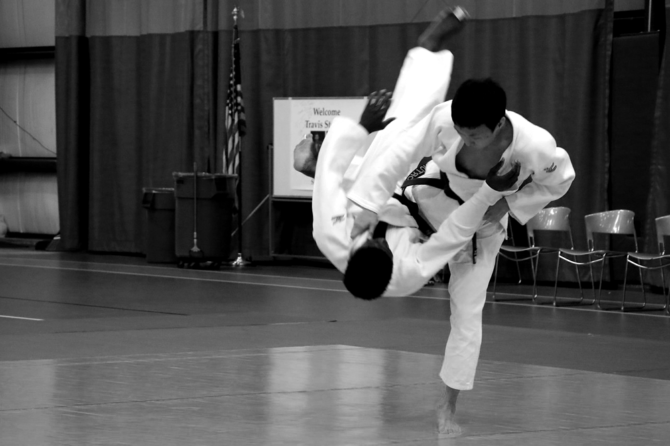Judo
Judo, literally ‘the gentle way’ is a martial art, a sport and a philosophy which originated in Japan. Judo is born from Jujutsu and founded in 1882 by Professor Jigoro Kano. He envisioned it as a way of becoming physically and mentally fit through disciplined training.
The principles of Judo are based on both maximum efficiency with minimum effort and mutual welfare and benefit. The end result is the accomplishment of a goal with the best use of energy. Success in this martial art depends upon the skill of using an opponent’s own weight and strength against them.
Although Professor Kano died in 1938, Judo has since spread rapidly around the world. The first World Championships were held in 1953 and by 1964, it was included in the Olympic Games. Judo’s sport popularity has led its physical and competitive aspects to dominate, but it should first and foremost remain a way of life.
Accessible to everyone, Judo affects all areas of a practitioner’s life. Physically, it improves strength, flexibility, coordination, balance and reflexes. It teaches a self-defense method that requires skill rather than just size or strength. Mentally, it promotes concentration, self-confidence, awareness and leadership.
Rooted in strong moral and ethical principles, Judo fosters a sense of respect and discipline. Camal and Cruz teaches students to strive for physical, intellectual and moral perfection to improve their own life and contribute to the greater good. Judo encourages a balance of skill, physical ability, and mental strength. The longer one trains, the more benefits the person sees.

